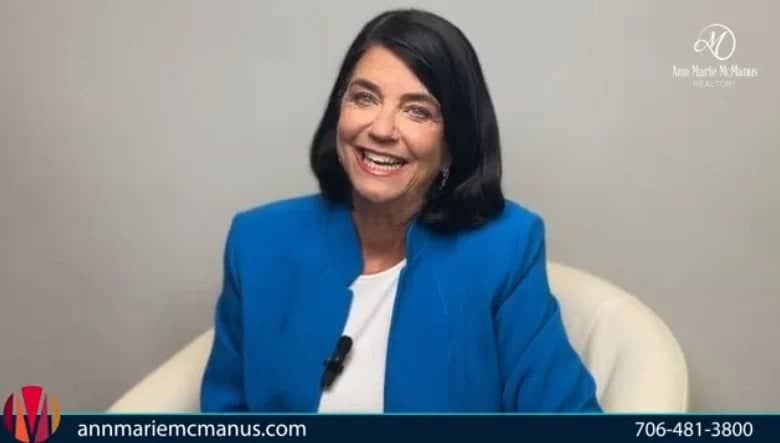
Dr. Rick Franza, Professor of Management at the Hull College of Business, discusses a different, timely business topic each Monday in this column. This week, he talks about the importance of financial wellness for employees and employers. The interview has been edited for clarity and impact.
ABD: A number of CSRA businesses have begun offering financial wellness classes for their employees. How do you define financial wellness?
Rick: Let’s start with financial literacy. In order to be financially well, you need to be financially literate, and that’s part of the problem. A lot of people just don’t pay attention to finances. They go through childhood and don’t pay attention to where the money comes from and where it goes. Role models around you have a big impact.
Being from a certain social class doesn’t make you immune to this problem. There are even people in business schools who know very little about financial things. It’s prevalent everywhere.
ABD: What is it that people need to understand to be financially literate?
Rick: A lot don’t understand budgeting, and now, we have the higher interest rates that we haven’t seen in years. There’s a whole generation unfamiliar with interest rates and their impact. A lot of people don’t understand that there’s a risk and reward tradeoff.
No one can give an exact approach of how to do it, but you must have a budget. An important part is transparency in what you earn and how you spend it. So, the first step is to identify your expenses and see what are necessities and what are desires. Know what you are willing to pay money for and what are the implications.
I use Quicken to see where I’m getting out of hand, and where I’m wasting money.
ABD: Last week, you mentioned that a significant number of people don’t have enough savings to handle a $400 emergency. How much should someone have on hand to handle emergencies?
Rick: You hear a lot of different time frames – one month of expenses, three months, and six months. I think one month is too low. I lean toward having enough to cover six months of expenses. But the first step is knowing what your expenses are.
ABD: So, back to the original question – what is meant by financial wellness?
Rick: It doesn’t mean being rich. It means not worrying about money. An important part of financial wellness within families is transparency. Understand what’s important for you to have. We always see that one of the leading causes of divorce is financial arguments, because they didn’t have those discussions.

ABD: What makes financial literacy and financial wellness important enough for businesses to get involved in hosting classes?
Rick: It’s like offering a gym membership. Financial wellness is up there with mental and physical wellness. Financial wellness typically affects those other areas, too. If employees don’t have financial wellness, they’re more prone to be distracted in their jobs, or working side gigs – which is fine, if they’re doing their jobs – or even things like embezzling money from the company.
ABD: It sounds like a good investment for a company.
Rick: I think financial literacy and wellness education by a company more than pays for itself. It shows you’re willing to make an investment to provide value to your employees. It’s an investment like many others they make.
Companies are realizing that financial wellness has an impact on employee performance. And more and more, Generation Z is demanding it. They realize it’s a flaw and they’re asking for it.
Like many investments, it’s difficult to quantify, but I’m a big proponent of it. It’s like breaking other bad cycles, you can never do it too early. The new Junior Achievement facility plans to have all middle school kids in Columbia and Richmond counties go through financial literacy training.
ABD: If a company wants to offer financial training, who should they bring in to do it?
Rick: A number of local banks, like SRP, Queensborough, Bank of America, and others, offer it. You want a financial institution that isn’t selling some kind of product with it – they may benefit from it in the long run, but if they’re trying to sell something through a program, I wouldn’t do business with them.










